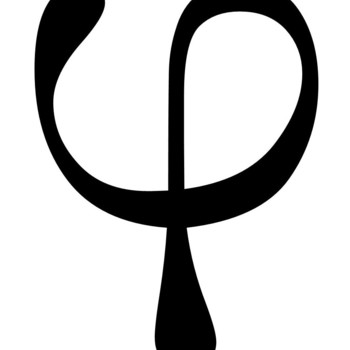From differentiating xe^x, how do you deduce int_0^2xe^x from that?
2 Answers
Explanation:
You can't find the integral of a function with its derivative.
We can do this by, differentiating
But that just reduces to:
Let's solve for that, then.
Applying integration by parts, that is:
Here,
Now we solve the definite integral.
Since we have
int_0^2 \ xe^x \ dx = e^2+1
Explanation:
Let us start, as indicated, by differentiating the function
d/dx xe^x = x(d/dxe^x) +(d/dx x)e^x
\ \ \ \ \ \ \ \ \ \ \ = xe^x +e^x
And so we we can write:
xe^x = d/dx(xe^x)-e^x
If we now integrate wrt
int \ xe^x \ dx = int \ d/dx(xe^x) \ dx - int \ e^x \ dx
\ \ \ \ \ \ \ \ \ \ \ \ \ = xe^x -e^x + C
So we can readily evaluate the definite integral:
int_0^2 \ xe^x \ dx = [xe^x -e^x]_0^2
\ \ \ \ \ \ \ \ \ \ \ \ \ \ \ \ \ = (2e^2-e^2) - (0-e^0)
\ \ \ \ \ \ \ \ \ \ \ \ \ \ \ \ \ = 2e^2-e^2+1
\ \ \ \ \ \ \ \ \ \ \ \ \ \ \ \ \ = e^2+1


